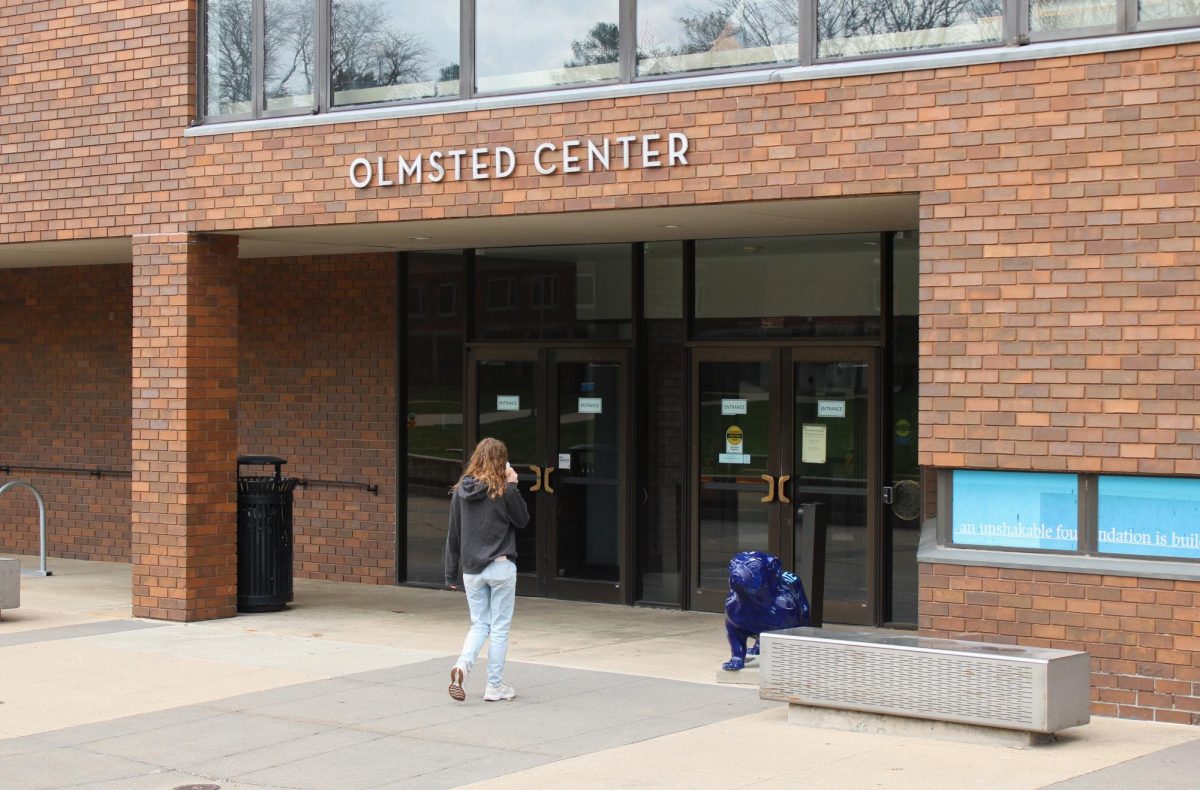Story by Elizabeth Robinson
In the wake of the bombings at the Boston Marathon, security at this week’s Drake Relays is of utmost importance.
On April 15, two bombs exploded at the finish line of the Boston Marathon, killing three people and injuring more than 170.
The magnitude of this tragedy and the large-scale event held this week at Drake causes some to speculate about the security procedures in place for the 104th Relays.
According to an official statement by Drake athletics, “The university coordinates extensive security plans with local, regional and national law enforcement agencies for all major campus events, including the Relays.”
The statement also acknowledges that the “tragic events at the Boston Marathon” are a component of Drake’s ongoing security discussions.
Although safety at the Drake Relays is a prime concern, Ian Wells, a junior on the Drake men’s track and field team, said he doesn’t think there is an increased risk involved as a result of last week’s bombing.
“Boston was more of a marathon, out in the open, on the streets. It was obviously more susceptible to that type of thing happening,” Wells said. “But Relays is a closed event. You have to buy a ticket to get into the stadium. They check your bags as you go in. So, it’s still a possibility, but I’d definitely say it’s a lot less of a chance that that would be happening.”
Wells, who will compete in the 4×400-meter relay, said although security has not been discussed among the track and field team and its coaches, he is sure that it is on people’s minds and has been discussed at one point or another.
Each year, Drake Security, the Des Moines Police Department and an outside security source, which Drake athletics declined to name, are employed to ensure the event stays safe.
“One of the things that I just want to reiterate is that every year, there is an emergency plan. Every year, there is great coordination between all of the entities, not just Drake, but certainly the city,” Relays Director Brian Brown said in a press conference last Tuesday. “So, we feel very confident that we will continue to present an event that is safe. There’s nothing more important than that.”
In the event that an emergency would arise, public safety procedures from past occurrences, such as the 1996 Centennial Olympic Park bombing, offer guidance on how to handle a dangerous incident.
Evacuation plans, bomb squads and overall forward thinking are essential to prevent a large-scale incident, as demonstrated by the actions taken at the 1996 Summer Olympics in Atlanta.
This year, Drake Relays is bigger than in years past, largely due to Hy-Vee’s sponsorship and the London Olympics rematches set to take place. Twenty-two London Olympic medalists from around the world will compete on the blue oval this Friday night in a special Hy-Vee Night at the Relays.
The enhancements for this year’s Relays may be even more of a reason to increase security, said Drake junior Sarah Reckling, who is still not overly worried about the safety of the event.
“Well, it’s a bigger event, so I think everyone will be really strict on the rules this year,” Reckling said. “But, I guess I’m not really concerned. I mean, just because it happened in Boston doesn’t mean it’s going to happen everywhere. So, I think it’ll be fine.”






